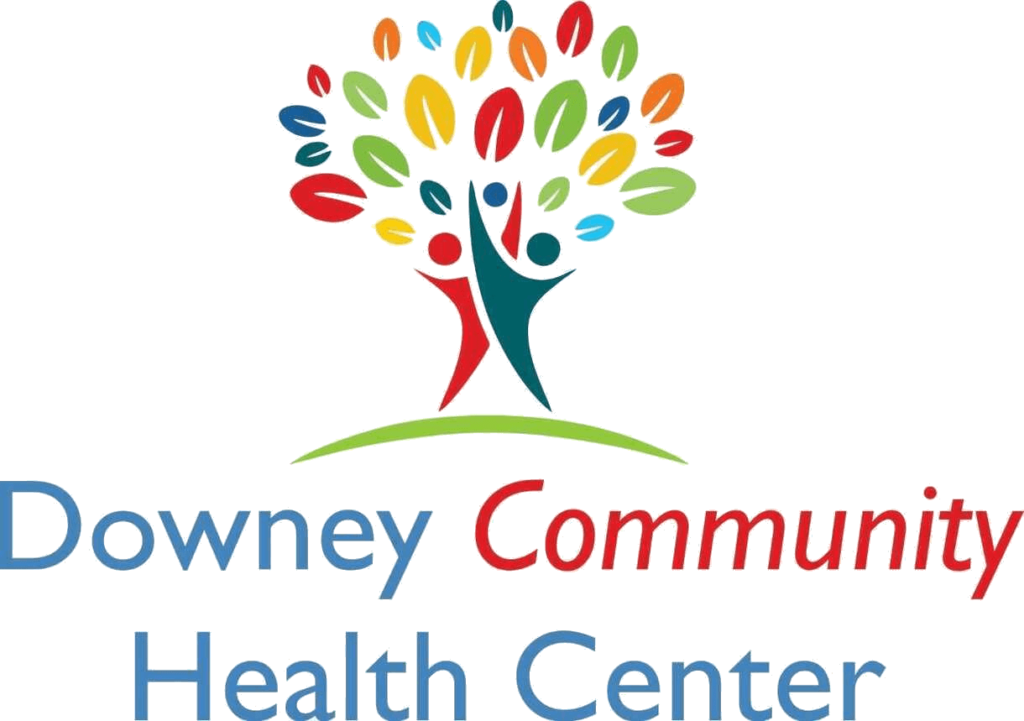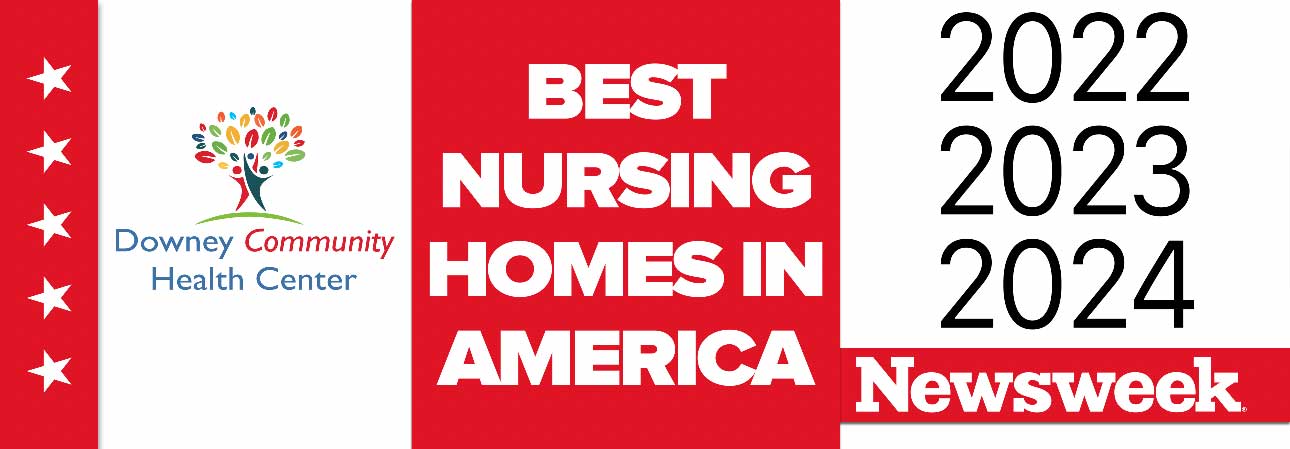The Nursing Home Checklist serves as a comprehensive guide designed to assist families in evaluating potential nursing homes for their loved ones.
Its primary purpose is to ensure that all essential aspects of care, amenities, and overall environment are considered during the selection process. By methodically assessing these factors, families can make informed decisions that align with their loved one’s needs and preferences.
Selecting the right nursing home is crucial, as it directly impacts the quality of life and well-being of residents. A suitable facility not only provides medical care but also fosters a supportive community that enhances emotional and social engagement. Poor choices can lead to negative experiences, including inadequate care and feelings of isolation, which is why it is essential to find a nursing home that reflects the individual’s values and lifestyle.
To use this checklist effectively, family members should begin by prioritizing the specific needs and preferences of their loved ones, such as health care requirements, social activities, and personal habits.
As they visit different facilities, it’s important to take notes on each item in the checklist, asking thoughtful questions to gain a thorough understanding of the care environment. Regularly revisiting and updating the checklist throughout the search process can help keep focus on what matters most, ultimately leading to a better-informed and more satisfactory choice.
Initial Considerations
When contemplating the transition to a nursing home for a loved one, it’s crucial to evaluate their specific needs thoroughly.
Begin by assessing whether they are struggling to live independently or require assistance with daily activities. Recognizing signs that indicate the necessity of professional care—such as frequent falls, sudden changes in behavior, medical history, or difficulties with personal hygiene—can guide this decision.
Exploring alternative care options is also vital, as in-home care or adult daycare programs might suffice in some cases. Both you and your loved one should sit and examine different options as much as possible.
Once you have established the need for a nursing home, budget and financial planning come into play. Understanding the costs associated with various facilities can be daunting, so it’s essential to navigate through these details comprehensively.
Additionally, exploring financial assistance options, including government programs or insurance coverage, can alleviate some of the financial burdens and ensure that your loved one receives the quality care they deserve.
Why a Nursing Home Might Be the Best Option
Choosing a nursing home for a loved one can be a difficult decision, but there are several compelling reasons why it might be the best option for ensuring their well-being.
Firstly, nursing homes provide 24/7 professional medical care and supervision, which is essential for individuals with complex health needs or chronic conditions. Trained staff, including registered nurses and certified nursing assistants, are available around the clock to address healthcare requirements, manage medications, and respond to emergencies.
Moreover, nursing homes often offer a wide range of therapeutic and recreational programs tailored to the residents’ needs, promoting both physical and mental well-being.
Social engagement is vital for combating feelings of loneliness and isolation, common among the elderly, and nursing homes create an environment where residents can interact and build friendships through organized activities.
Additionally, the structured environment of a nursing home fosters a sense of security, as residents are less likely to encounter unsafe situations or accidents that could occur when living alone at home.
The provision of meals, housekeeping, and transportation services also alleviates the stress of daily tasks, allowing residents to focus on enjoying their time and receiving the care they need. By considering these factors, families can recognize that a nursing home may provide a comprehensive solution that ensures their loved ones receive the quality care and support they deserve.
Researching Nursing Homes
When it comes to finding the right nursing home for your loved one, thorough research is essential. Start by identifying nursing homes in your area through online resources and directories, such as nursinghome.org or medicare.gov, which provide comprehensive listings and details.
Additionally, seek recommendations from healthcare providers and friends who may have firsthand experience or insights about specific facilities.
Evaluating the reputation of a nursing home is crucial. Look into reviews and ratings on platforms like Yelp or Google, which can provide an overview of residents’ experiences. It’s also important to investigate state inspections and any violations, as this information can indicate the quality of care.
Once you’ve compiled a list of potential nursing homes, schedule visits and tours to get a better feel for the environment.
Visiting Nursing Homes
When considering the best nursing home for your loved ones, a visit is crucial to ensuring quality care. Start by scheduling visits and tours at multiple facilities. This allows you to compare environments and compile insights that matter.
Preparing for the visit is equally important. Jot down questions to ask during the tour, focusing on aspects such as services offered, daily activities, and care policies. As you explore the facility, pay close attention to cleanliness and maintenance—a well-kept environment goes hand in hand with quality care.
Next, the safety and accessibility features should be assessed. Check for handrails, elevator access, and secure areas for residents with mobility challenges. Engaging with the staff is vital; inquire about the staff-to-resident ratio to ensure your loved one will receive adequate attention. Evaluate the qualifications and training of caregivers, as their expertise can significantly impact resident care.
Don’t forget to interact with residents and their families. Observing resident happiness and engagement can provide invaluable insight into the community atmosphere.
In many cases, details such as the decoration of your loved one’s room, where your loved one’s belongings will be, and whether or not other residents have family pictures or can watch TV and have personal items are very important. A thing that’s seemingly as small as a photo album or your loved one’s favorite snacks can make a whole difference when it comes to being happy while in the nursing home.
Furthermore, family involvement and feedback are essential components of a supportive environment, ensuring your loved one feels connected and cared for. This holistic approach during your visits will empower you to make an informed decision that prioritizes their well-being.
Assessing Care and Services
When evaluating a nursing home for your loved ones, it’s essential to thoroughly assess the care and services provided. Start by examining the Medical and Health Services available, ensuring that qualified medical professionals are on-site or easily accessible. This includes checking the Availability of Medical Professionals who can address any health concerns promptly.
Next, consider Medication Management and Health Monitoring. A well-structured system for administering medications and regularly monitoring health conditions is vital for maintaining your loved one’s well-being.
Don’t overlook the importance of Personal Care and Assistance, as residents will require help with daily activities such as bathing, dressing, and grooming. Similarly, evaluating Daily Living Assistance (ADL) services offered can help you determine if they meet the specific needs of your loved one.
For those with cognitive impairments, check what Specialized Care for Dementia and Alzheimer’s is available, as tailored support can make a significant difference in their quality of life.
Social and recreational opportunities are key to enhancing the overall experience in a nursing home. Investigate the Variety and Frequency of Activities offered, ensuring they cater to diverse interests and abilities. Look for Opportunities for Socialization and Engagement, which can help combat feelings of isolation among residents.
Lastly, give attention to Nutritional Services. Quality meals are crucial and should not only be nutritious but also varied and appealing. Inquire about the Quality and Variety of Meals, along with any Dietary Accommodations and Special Needs policies in place to cater to individual dietary requirements. With these assessments, you’ll be better equipped to choose a nursing home that prioritizes both care and a fulfilling lifestyle for your loved ones.
Legal and Administrative Considerations
Navigating the admission process for a nursing home can be overwhelming, but understanding the legal and administrative aspects can make it much smoother.
Start by familiarizing yourself with the required documentation and procedures; this often includes medical records, financial information, and consent forms.
Prior to transitioning your loved one to the facility, it’s crucial to review contracts and agreements carefully, noting important clauses and terms that protect both the resident’s rights and your responsibilities as a guardian.
Once admission is secured, ensure that you are aware of the rights and responsibilities of residents; these often dictate the standard of care and quality you should expect.
Proactive monitoring of care is key—regular communication with staff not only helps build rapport but also keeps you informed about any changes in your loved one’s condition. If problems arise, knowing the steps to take can ensure swift resolution, safeguarding your loved one’s health and well-being throughout their stay.
Making the Final Decision
The journey of selecting the right nursing home is undeniably significant and often challenging. Once you’ve gathered your options, the next step is to make the final decision.
Start by comparing each facility based on key criteria such as location, services offered, and overall environment. Create a pros and cons list for each option to see which one might suit your loved one best visually.
It’s also vital to involve your loved one in this process. Their feelings and preferences should play a crucial role in the decision-making, as this is ultimately about their comfort and happiness. Once the decision is made, the preparation for the move begins. This includes ensuring that all paperwork is completed, necessary items are packed, and transitioning logistics are planned.
Coordination for the move-in day is equally important. Organizing transportation and familiarizing your loved one with the new environment can help ease the anxiety associated with such a significant life change.
Finally, be prepared to offer support as your loved one adjusts to their new surroundings. Regular visits, open conversations about their feelings, and engaging them in community activities can significantly aid in making them feel more at home and secure in their new space.
Identifying Unsuitable Nursing Homes for Your Loved One
Choosing the right nursing home is a critical decision that can significantly impact the quality of care your loved one receives. To avoid facilities that may not be suitable, it’s essential to conduct thorough research and be vigilant about certain warning signs.
Inspect the Facility’s Environment
A critical first step is visiting the nursing home in person. Pay attention to the cleanliness and maintenance of the facility.
A well-maintained environment reflects a commitment to resident care. Look for signs of neglect, such as unkempt common areas, unpleasant odors, or cluttered hallways. These may indicate a lack of proper oversight and resources.
Assess Staff Engagement and Attitude
Observe the interactions between staff and residents. Positive and respectful communication is an essential part of quality care.
If staff appear disengaged or hostile, or if residents seem uninformed about their care, these are significant red flags. A nursing home that undervalues its employees may struggle to provide adequate care to residents.
Evaluate Staffing Levels and Qualifications
Investigate the staffing ratios during your visit. Facilities with too few staff members may not be able to provide adequate attention or care to residents. Additionally, inquire about the qualifications and training of the staff. High turnover rates or a lack of licensed professionals could be concerning, pointing to issues with recruitment or retention.
Review State Inspection Reports
Each nursing home is subject to state inspections, which assess compliance with health and safety regulations.
Accessing these reports can provide insight into the facility’s performance and areas of concern. Look for consistent deficiencies or serious violations that have not been addressed. This data can be a vital resource in your decision-making process.
Seek Resident and Family Feedback
Talk to current residents and their families whenever possible. Their experiences can provide valuable perspectives on the quality of care in the facility.
Additionally, researching online reviews and testimonials can help identify patterns of care that may not be evident during a visit.
Trust Your Instincts
Finally, trust your intuition. If something feels off during your visit or discussions with staff, don’t hesitate to look elsewhere. The well-being of your loved one is paramount, and finding a nursing home that aligns with your standards and expectations is essential.
By systematically evaluating these factors, you can make a more informed decision to ensure your loved one receives the best possible care.
Summary
Thorough research and planning are critical when it comes to selecting a nursing home for your loved ones. This process involves investigating various facilities, understanding their services, and assessing their reputation within the community. Careful consideration helps ensure that the chosen nursing home aligns with the specific needs and preferences of the individual requiring care.
Additionally, planning ahead allows families to evaluate potential facilities in depth rather than making hasty decisions under pressure. This proactive approach can lead to better outcomes, as it fosters an environment where residents feel safe, valued, and well-cared for, greatly enhancing their quality of life.
Plan ahead and ensure your loved one’s care!







